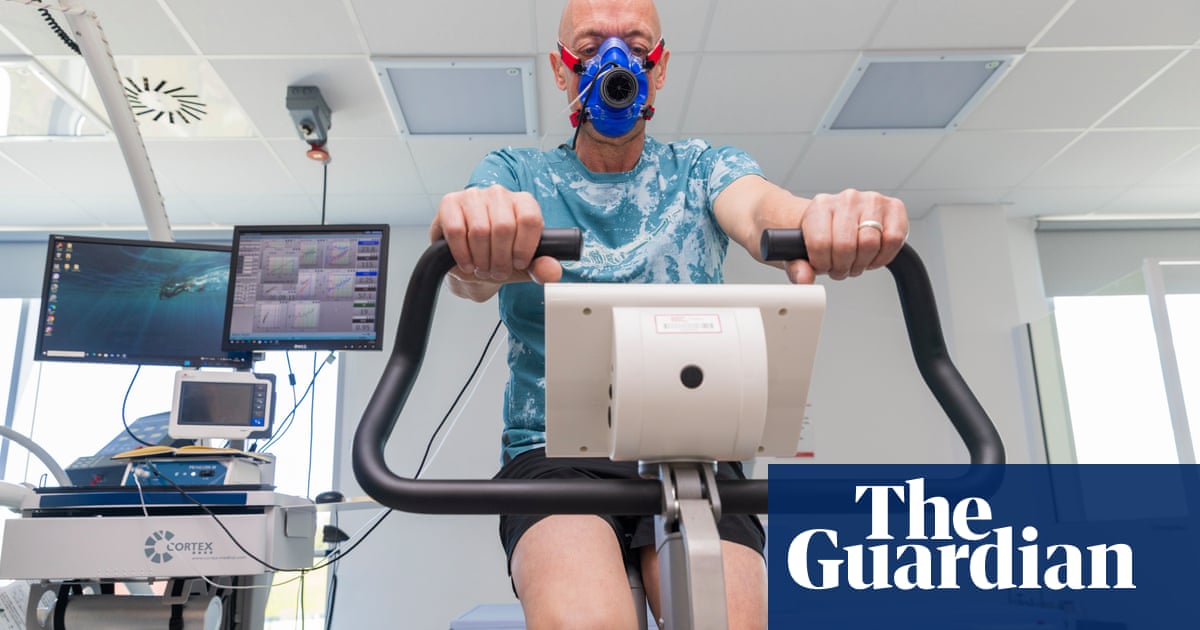M any one in every of us generally tend to scale back ourselves and others with some trendy, reductive expression as a substitute of dig much more deeply trying to find understanding. Enter the idea of the“people pleaser” The time period has a hoop to it; it rolls off the tongue and its definition seems self-evident. It actually feels comfortable and anodyne. We perceive the place we’re with an people pleaser.
But can we really? I had not made the hassle to contemplate it up till only recently. And the additional I did, the additional I situated the expression, and the possible unconscious traits lowered by it, discomfiting and troubling. It took quite a few years of psychoanalysis for me to have the ability to see much more plainly what my propensity for people pleasing was concealing, and what I noticed didn’t please me in all. What I noticed was not anodyne. I noticed that on the core of me, the place one thing precise and powerful must be, rested a mirror, displaying no matter I believed others meant to see.
It was a shock to know that I didn’t perceive that I went to all. That the self I had really created was not really developed out of my very personal persona and excessive qualities and wishes, but out of my evaluation of what others needed from me. It was a dreadful, scary realisation– but presumably one of the vital important from my time in therapy up to now. Because previous to you may start developing a much better life, you should ask by yourself, do you additionally perceive that’s selecting what a lot better strategies?
When people discuss people pleasing, they often seem to explain girls. I make sure, as has really often been created, that there’s something within the technique girls and girls are socialized that feeds and compensates this mirror constructing, which I see each single time I see a woman frowning for a selfie.
But I likewise assume by doing this of associating with ourselves and to others can affect any particular person. Perhaps, because the psychoanalyst Donald Winnicott theorised, it’s rooted in early stage, linked to the development of what he known as the wrong self. He believed the wrong self can come up when an toddler with out effort detects that their carer doesn’t have the potential to deal with their actual sensations, whether or not that’s urge for food, demand, craze, discomfort or anything. The incorrect self can after that take management of and fill out the world the place any sort of actual feeling of self might broaden, because the child makes an attempt to be the kid, after that child, after that teenage, after that grown-up that’s desired, as a substitute of the one they are surely. Complying, as a substitute of being.
I utilized to consider people pleasing as being an brisk, conscious choice. I could deliberately act to pal that I actually didn’t thoughts taking a visit to fulfill them, whereas independently recognizing I would definitely hid my actual sensations regarding being as properly weary to shlep. But Winnicott had not been talking about this much more common type of making consider; his abstract takes us proper into a totally numerous area title, a unconscious bettering of our needs and requires that’s fully relying on the assumptions or needs of others, leaving a sense of vacuum inside the place one thing actual is likely to be. For some time, I assumed that there was completely nothing on the core of me; that this mirror constructing was all I used to be. It was an especially disturbing, troubling period in my therapy.
But I at present know that this was not the scenario. There was a lot there; I merely actually didn’t want to know regarding it. Very lame sensations prowled under the reflective floor space: envy, disgust, mood, concern, susceptability, a sort of puffed-up pompousness as a guard for demand and embarassment and frailty. And, actually, there may be a lot further that I’m not inclined to share overtly. No query I used to be so distressed at the moment; these had been a number of of my beasts concealing underneath the mattress. I utilized to consider these parts of myself as issues that required to be eliminated. I’m a little bit bit kinder at present. I’ve really pertained to know that I’m equally as human as the next particular person.
Since this realisation, I’ve really likewise began to see numerous different attributes and excessive qualities. They include a sort of big-heartedness, and a nerve I used to be fairly uninformed of. A sturdiness and power that rests along with my frailty; that as a matter of truth outgrows it. All this was hid from me, as properly. Since studying extra about these numerous parts of myself, my life has really positively improved. I actually really feel a lot much less vacant and further sturdy at present, nearly all of the second. Something has really expanded inside: one thing actual, a sense of self, a capability to be touching my psychological life and take note of myself in an precise technique– and to establish once I can’t– that brings with it a sense of firm. The beasts underneath the mattress, and behind the mirror, are quite a bit much less anxiety-provoking at present I’ve really finally offered myself.
Moya Sarner is an NHS therapist and the author of When I Grow Up – Conversations With Adults in Search of Adulthood



